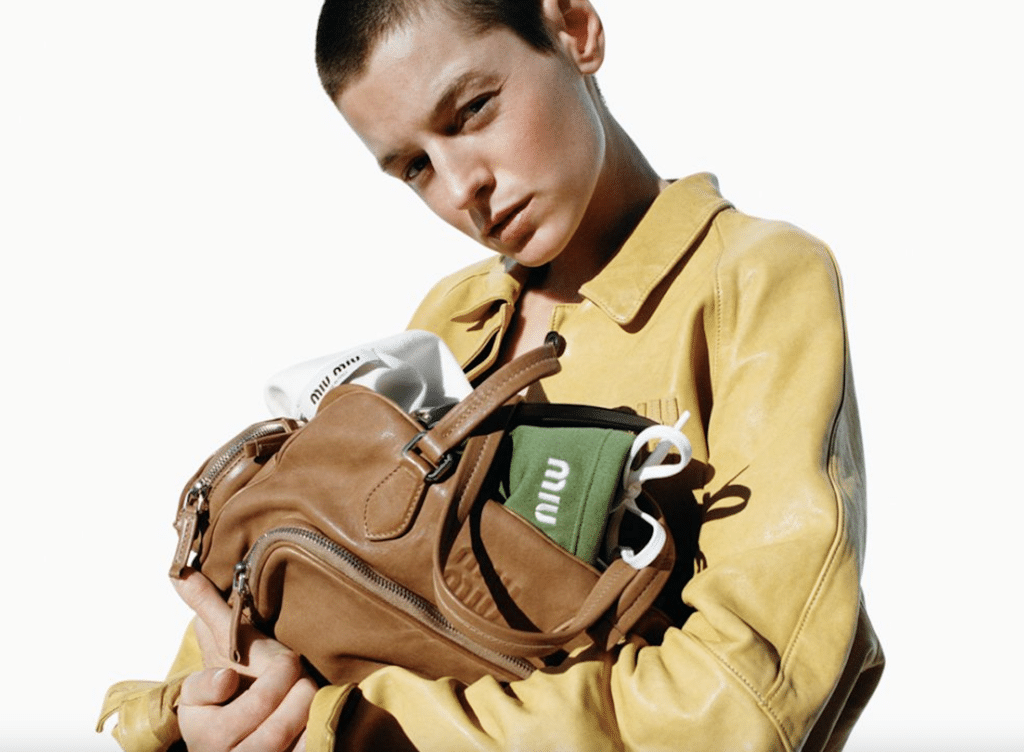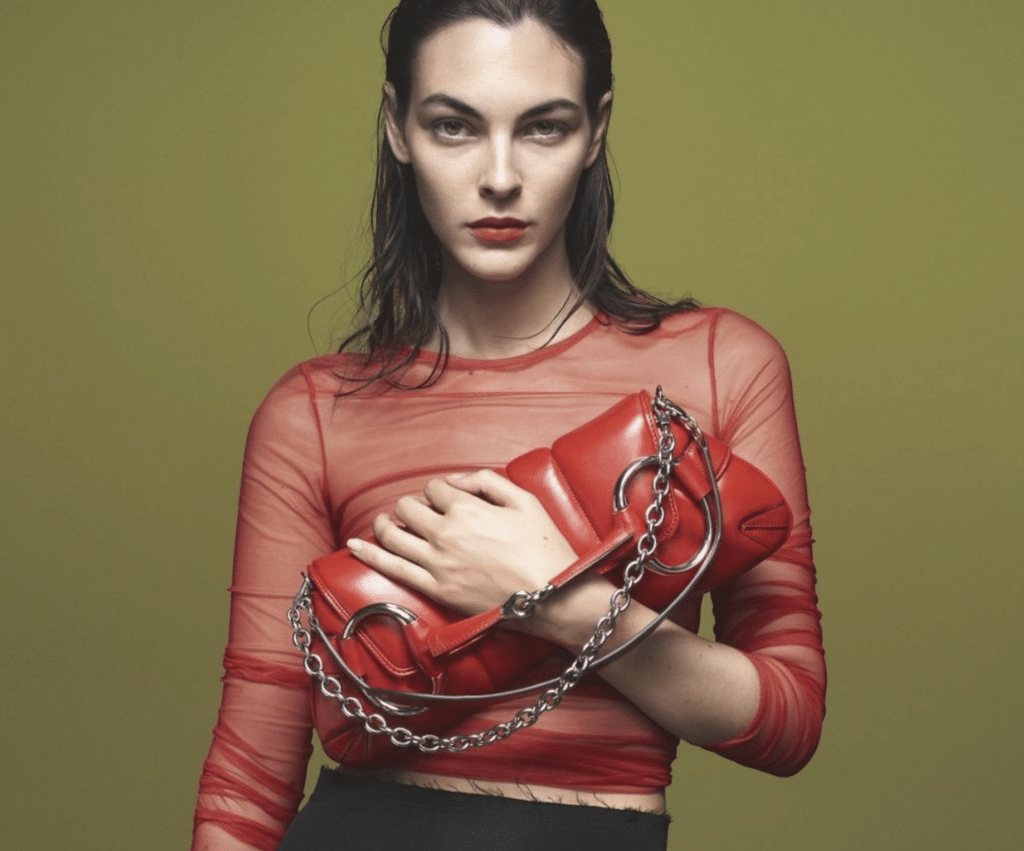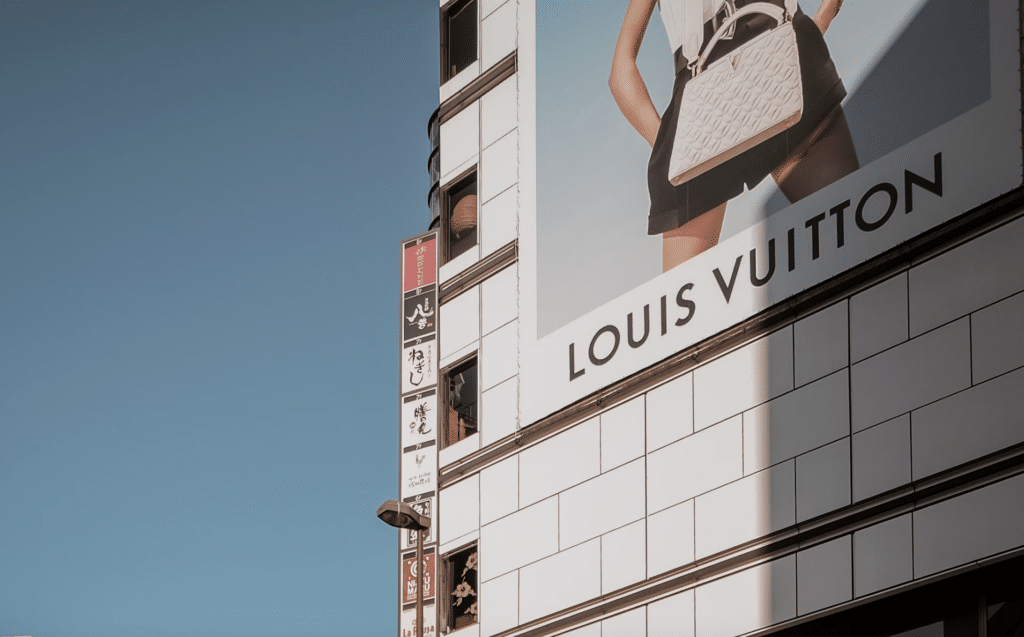Instagram posts from influencers in Britain may soon look a tiny bit different. Paid-for posts may now include a prominently placed hashtag, #ad. Almost two years after the U.S. Federal Trade Commission sent not one but two rounds of letters to nearly 100 influencers to inform them in no uncertain terms of the legal requirement that sponsored posts be clearly disclosed as such, a British government agency is stepping up to cut down on the widespread lack of transparency in popular influencers’ social media posts.
On Wednesday, the Competition and Markets Authority (“CMA”) revealed that it had sent warning letters to British celebrities and influencers – including Alexa Chung, Mario Falcone, Alexandra Felstead, Ellie Goulding, Holly Hagan, Rosie Huntington-Whiteley, Michelle Keegan, Iskra Lawrence, ‘Millie’ Mackintosh, Megan McKenna, Chloe Sims, Zoe Sugg, Louise Thompson, Dina Torkia, Rita Ora, and James Chapman – alerting them of the need to properly label their social media posts. According to a statement from the CMA, an individual’s failure to disclosure whether he/she has been paid or otherwise “incentivized” (including by way of gifts or free products) runs afoul of UK consumer protection law.
“Influencers can have a huge impact on what their fans decide to buy. People could, quite rightly, feel misled if what they thought was a recommendation from someone they admired turns out to be a marketing ploy,” Andrea Coscelli, chief executive of the CMA, said. “You should be able to tell as soon as you look at a post if there is some form of payment or reward involved, so you can decide whether something is really worth spending your hard-earned money on.”
With that in mind, the CMA is cracking down, and to an extent, their efforts are already working. “The influential celebrities, with large online followings, who have acted in response to the CMA’s concerns, include singers Ellie Goulding and Rita Ora, models Alexa Chung and Rosie Huntington-Whiteley, former Coronation Street and Our Girl actress Michelle Keegan and TV reality stars Millie Mackintosh and Megan McKenna,” the CMA confirmed on Wednesday.
In addition to sending letters to an array of famous figures, the CMA has published influencer-specific guidance, called, “Social media endorsements: being transparent with your followers,” which requires that “any form of reward, including money, gifts of services or products, or the loan of a product, is ‘payment’ – whether you originally asked for it or got sent it out of the blue” be disclosed by way of clear language, such as “#Ad, #Advert, and using the ‘Paid Partnership’ tool on Instagram in addition to these hashtags.”
As for practices that do not go far enough to comply with the legal requirements, the CMA points to simply tagging brands without any disclosure language, “using ambiguous language without additional disclosure in a post, such as ‘thank you’; ‘made possible by’; ‘in collaboration with’; or ‘thanks to…,’” using “unclear” language, such as “#sp; #spon; #client; #collab; etc,” and hiding the disclosure hashtags “at the end of or among other text and/or hashtags.”
The CMA said this week that its investigation, the one that resulted in its sending letters to the aforementioned influencers, did not determine whether or not the individuals had actually run afoul of UK law, and the agency noted that “all influencers co-operated with the CMA and volunteered to make changes to their practices.”
Far from closing the book on this matter, the CMA said that it will do additional investigative work into the “role and responsibilities of social media platforms” and will continue to work closely with the British Advertising Standards Authority in this area.











